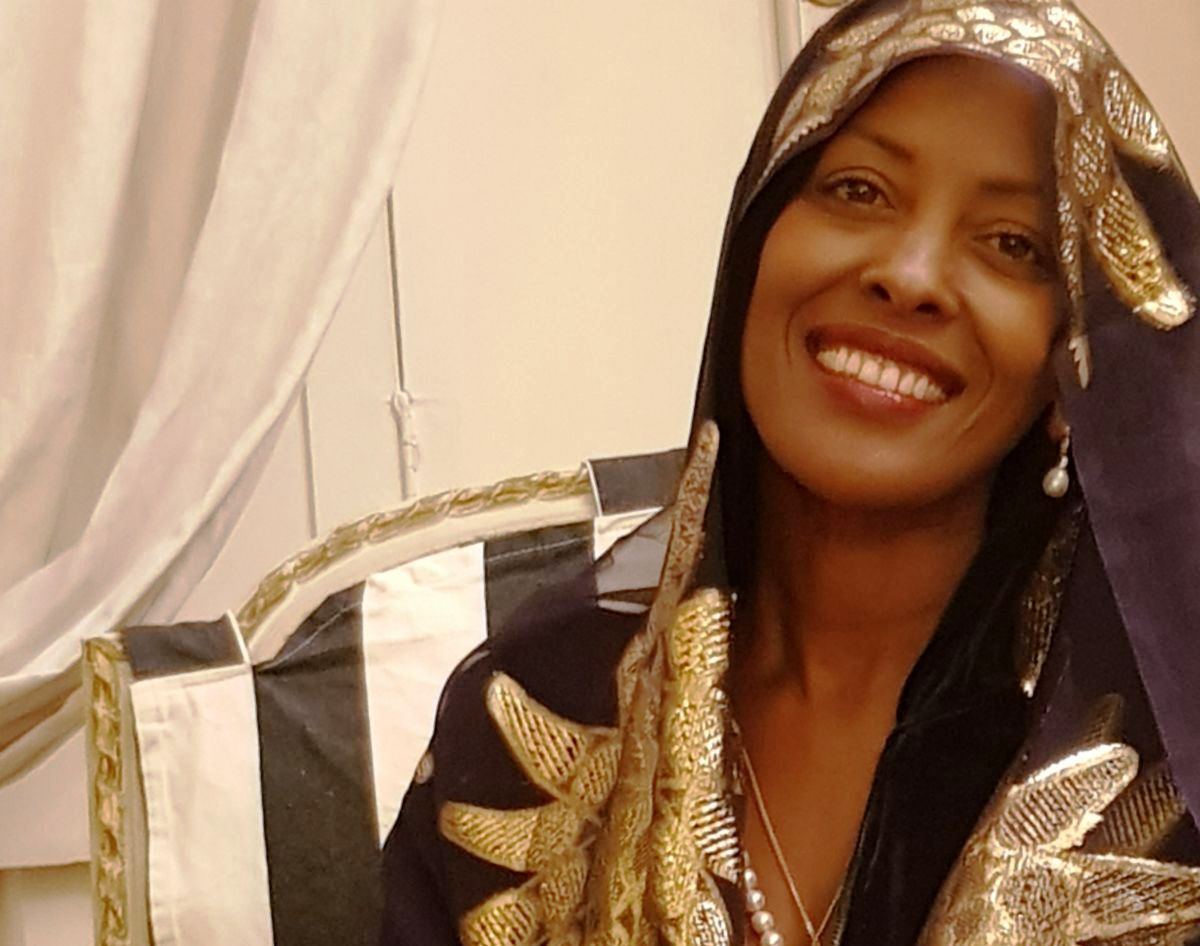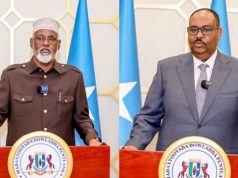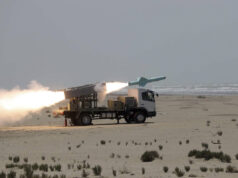
The announcement of the elections within 60 days Somalia: finally an agreement!
The political situation is unlocked after one of the worst crises in recent years due to the notorious decision of President Farmajo to extend all institutional offices by two years. The agreements of 17 September last year are resumed with the support of the federal states. The decisive role of Prime Minister Roble
Somali Prime Minister Mohamed Hussein Roble, aware of the success achieved through his negotiations with the opposition that recently saw him as the real protagonist of his country’s political life, presided over the ceremony to celebrate the signing of the summons agreement of the general elections in Somalia at the Halane Congress Center, in the compound of Aden Abdulle Airport in Mogadishu. On the occasion he marked “Today, May 27, 2021, is a historic moment that marks a golden page in the history of the construction and governance of the state in Somalia”.
At the signing of the agreement, with Roble, the federal presidents Ahmed Madobe of Jubaland, Said Abdullahi Deni of Puntland, Ali Hussein Gudlawe of Hirshabelle, Mohamed Laftagaren of the South West and Ahmed Karie of Galmudug joined together with Omar Filish, mayor of Mogadishu and governor of the Benadir Region, which includes the capital. Also present were the Presidents of the two branches of Parliament, representatives of civil society, the UN, AMISOM (The African Union Peacekeeping Mission in Somalia), the EU, the League of Arab States, the Organization for Islamic cooperation and, despite the doubts on the eve, also President Mohamed Abdullahi Mohamed, known as Farmajo.
Prime Minister Roble was right to speak with emphasis because, for the first time, the agreement demonstrates to the international community the achieved ability of Somalis to manage their internal crises on their own.
In practice, the agreement implements that of the previous September 17, 2020 passed as law by the Somali Parliament on the following day 26, only to be set aside with the infamous resolution of 12 April.
The elections will therefore take place indirectly, with the Elders of the various subclans who will appoint, from among their respective members, the 101 special delegates who, in turn, will choose, by majority, a deputy or a senator. The latter, in joint session, will elect the President of the Federal Republic who, subsequently, will appoint the Prime Minister who will have to appear before Parliament for the vote of confidence. The agreement of May 27 provides that the appointment of special delegates by the Elders takes place under the supervision of the electoral management bodies of both the federal government and the federated states in order to moralize the appointments.
Discussions between the parties will now continue within the National Consultative Forum to finally call the elections. In each federal state, two voting centers will be set up to receive the special delegates of the various subclans, entrusting their security to AMISOM troops and local security forces.
The agreement pays particular attention to the participation of women in political life. The Sages of the clans are predominantly male. The “pink quota” of 30% in Parliament has been foreseen since 2012, but has never been fully implemented. Implementing it seriously means that Somalia must bring in at least 115 women into parliament, which it has not done in the past. In the last elections of 2016, 80 women were selected for parliament, making only 24% of the 329 seats in the combined Upper and Lower Houses.
Among the problems overcome there was also that of the electoral model for the choice of representatives of the state of Somaliland. Upper House Speaker Abdi Hashi, a leading politician from the northern breakaway region, had quarreled with Prime Minister Roble over how to select special delegates. A delegation of politicians had to visit his home to convince him to attend the signing ceremony.
The problem of the Gedo region remains to be defined, located in the center of the southern area and bordering Ethiopia, where the troops of the national army clash almost daily with the militias of Jubaland. Under the agreement, Roble will chair a nine-member security committee in which representatives of federal states, AMISOM and Somali security chiefs will sit.
The agreement also provides that the elections must be held within sixty days, but observers find it an impossible goal as no one will be able to be ready by August. The time considered most reasonable is between October and early November. However, the problem is not the exact date of the general consultations but, rather, that no conflicts arise between the factions in the field and that all the problems, which will inevitably arise, are managed with balance, calmness and without headaches, such as that which on 12 April brought 152 deputies of the Lower House, in the absence of the others who had left the parliamentary seat for the beginning of Ramadan and with the opposition of the Upper House, to deliberate the two-year extension of all institutional offices, including that by President Farmajo, whose mandate expired on 8 February last. Faced with the opposition of the entire international community, Farmajo was forced to ask Parliament to cancel the extension and allow Roble to start peace talks.

The agreement of May 27, which substantially returns, after eight months lost, to that of September 17, brought out the equilibrium figure of Mohamed Hussein Roble and weakened that of the litigants, in particular of President Farmajo and the governors of the opposition Deni of Puntland and Madobe of Jubaland.
https://youtu.be/derGEWllG7c
https://youtu.be/updTn5WnDXw
https://youtu.be/vtIZWfNqqYw
https://youtu.be/3VLlLXmRDpc







